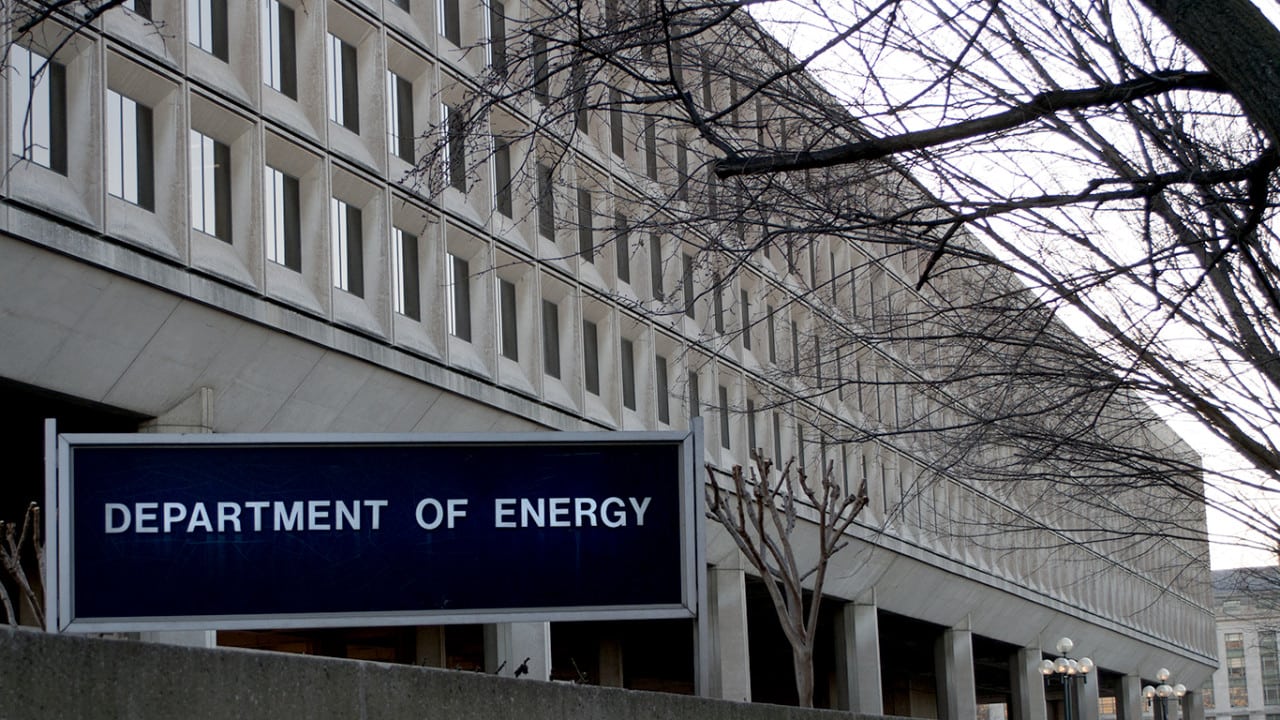
A Department of Energy official this week sought to distance the agency’s efforts to site a federal interim storage facility for spent nuclear fuel from two similar projects proposed by private companies.
DOE was “directed by Congress to establish a federal interim storage capability,” Natalia Saraeva, senior advisor for the agency’s Office of Nuclear Energy, told members of the National Academies of Sciences’ Nuclear and Radiation Studies Board during a virtual meeting Thursday.
Saraeva fielded questions from Board members about how DOE reconciles its own interim storage efforts with two commercial projects: one proposed by Holtec International for southeastern New Mexico; and another proposed for west Texas by Interim Storage Partners (ISP).
Existing law allows private companies to “license, construct and operate” an interim storage facility, Saraeva said. Despite that, “there have been a [few] challenges, maybe even a lot of challenges, in those two states in obtaining broader buy-in and support from stakeholders,” she said.
DOE is focused on its own consent-based siting process for a federal site and, “[a]t this point, it’s not clear how those [private] initiatives will fit into our efforts,” Saraeva said.
DOE is currently in the midst of its most recent effort to find a willing host for such a site — the agency will until Jan. 31 accept applications for a roughly $16 million funding opportunity aimed at getting communities involved in the siting process.
Meanwhile, both proposed private interim storage sites are tied up with litigation in federal court.
In separate lawsuits that were ongoing at deadline, lawyers from New Mexico and Texas have argued that the projects violate federal law which bars the government from authorizing interim storage before a permanent repository is operational.
The Nuclear Regulatory Commission, which oversees the licensing process for commercial spent fuel storage, approved the proposed ISP site in September 2021. If built, the Orano-Waste Control Specialists joint venture has said that the facility would be able to store roughly 40,000 tons of spent fuel, about half of the nation’s total stockpile.
NRC has said that it could make a final licensing decision on the proposed Holtec site by February. That site would have the capacity for around 8,700 tons of spent nuclear fuel in 500 canisters, Holtec has said, which could be increased by 10,000 canisters via future license amendments.